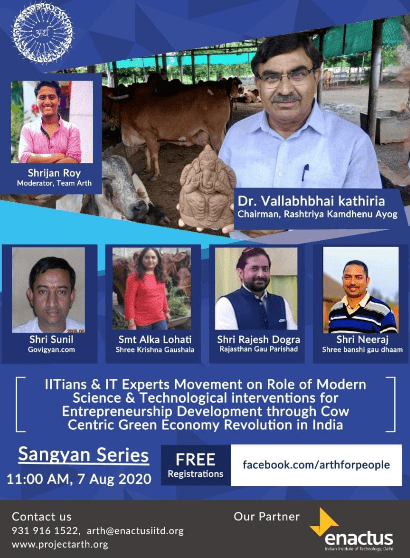Best Agrolife Ltd aims to achieve Rs 1517 cr turnover by FY22
The company plans to add new innovative speciality molecules and improve its product basket.
Best Agrolife Ltd, a leading global player in agrochemicals sector and one of India’s largest manufacturers of agro-inputs, is aiming to achieve Rs 1517 crore turnover by FY2022 along with the net profit of over Rs 677 crore.
The company has in place its long term financial priorities which have a three-dimensional approach wherein the focus areas are – capital allocation, earning, and growth. In addition, there have been noteworthy FIIs acquisitions recently lead by leading names like Resonance Opportunities Fund, Elara Opportunities Fund Ltd, Nomura Singapore Ltd ODI, and more.
Towards capital allocation, the company is now focusing on enabling free cash flow generation. Under this, the company aims to offer consistent dividend pay-outs to its shareholders.
“We have defined our objectives clearly and the company will work towards achieving the same wherein the primary focus is to accomplish sustainable EPS growth. This will be supported by incremental earnings across economic cycles. Also, we are anticipating a significant increase in ROCE and ROE which will be driven by our various initiatives,” said Vinod Kumar, Director, Best Agrolife Ltd with regards to earnings.
In terms of ROCE and ROE, the project targets are 32.78 per cent and 24 per cent respectively in FY22. Notably, as per projections, there is a significant increase in EPS (basic) to 30.44 and compared to 7.24 in FY20.
For the growth – approach – the company is enabling models to deliver profitable organic growth. Increase in commitment to research and development and creating a strong push for its branded products.
“Planning a long term strategy and to avoid conflict of interest among business segments and as a good corporate governance measure the company has decided to integrate all its businesses in a single entity in a phased manner,” said Kumar.
In addition, towards R&D activities, the company plans to introduce new value-added chemistries and integrated R&D facilities in the chemical zone in Gujarat.
“The company plans to add new innovative speciality molecules and improve its product basket. These initiatives will increase the percentage of value-added product offerings as well as enhance the overall margins,” added Kumar.
Best Agrolife is preparing to increase its formulation plant capacity to 50000 MTPA. With regards to the pan-India supply chain network, the plan is to increase the distribution network to 2000 plus dealers and 25 plus depots.
Considering international footprints, Best Agrolife is in the process of obtaining licences for Vietnam, Myanmar, United Kingdom, and the USA. “This entire drive will be backed by value-added innovative products as we are planning to increase the share of value-added branded products in our product basket,” added Kumar.
“We are working with a single point agenda to emerge as an icon for growth, technology, and innovation and to become a significant player of the Indian Agro-Chemical Industry both in terms of turnover and margins,” stated Kumar on the company road map.
Best Agrolife has progressed notably and is now considered as one of the top 20 companies in India and its product portfolio comprises more than 60 active ingredients and various formulations of pesticides and plant micro-nutrients for protecting and nourishing a wide range of crops.
Its product range includes insecticides, herbicides, fungicides, plant growth regulators, etc. It sells under the brand name “Best”. The company has four strategically located manufacturing plants, two in Uttar Pradesh & two in J-K.
The company plans to add new innovative














